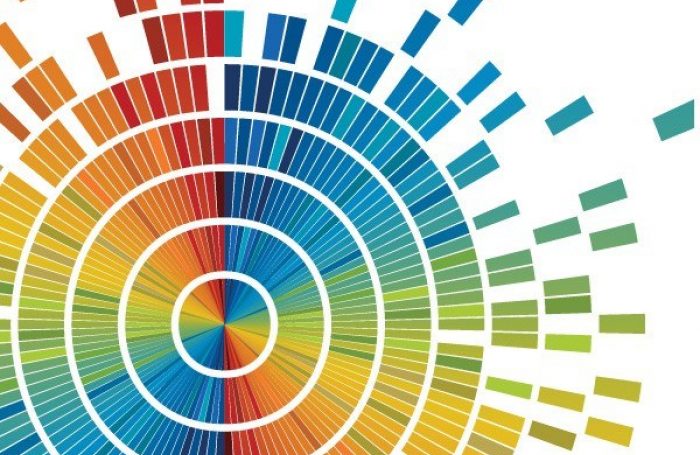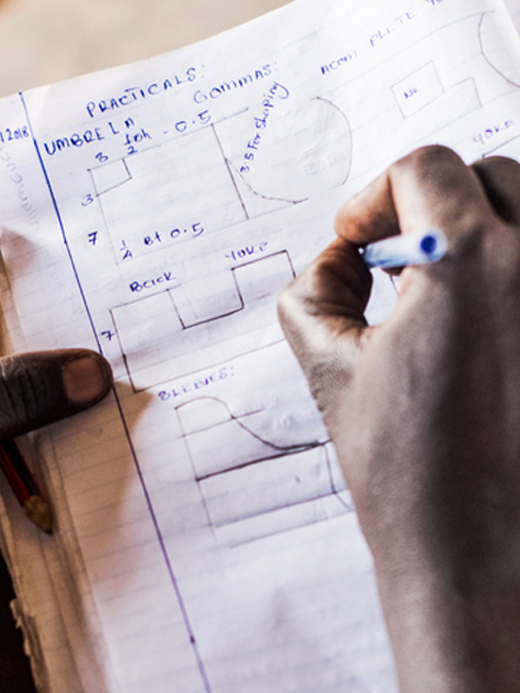OTHER COURSES IN THIS PATHWAY
Computer Science II: Analyzing Data with Python
 Full Course Details
Full Course DetailsThis course is a prerequisite for Multivariable Calculus II: Integral Calculus.
Explore the Math of Higher Dimensions: Embark on an exciting journey into multivariable calculus through vector and differential calculus, setting the groundwork for advanced study in three-dimensional space. You’ll begin with parametric equations, polar coordinates, and space curves to explore movement and paths in higher dimensions. Then you’ll progress into three-dimensional coordinate systems, mastering vectors, dot and cross products, and equations of lines and planes in space. Dive deeper into vector functions, derivatives, integrals, arc length, and curvature to quantify the behavior of curves in space. Then you will be ready to analyze functions of several variables, using tools like limits, continuity, partial derivatives, and the gradient vector, and you’ll apply these skills to optimization problems, including constrained optimization with Lagrange multipliers.
Why Take This Course? Do you want to push your understanding of mathematics even further? Through collaborative projects and the use of a computer algebra system (CAS), you’ll connect mathematical concepts to real-world applications and develop fluency in tackling multi-dimensional challenges. Perfect for students passionate about advanced mathematics, this course provides a strong foundation for further studies in calculus, physics, engineering, or applied sciences.
Prerequisite: A solid foundation in single-variable calculus, including integration techniques such as trigonometric substitution, integration by parts, and partial fractions. Completion of the AP Calculus BC curriculum with a score of 4 or 5 on the AP Exam would be considered adequate preparation.
Students in GOA courses will need reliable access to a computer with webcam/microphone connections, an email address (preferably school-based), a Web-conferencing app (GOA courses use Zoom), and a Word processing app (GOA courses use Google’s G Suite). When necessary, alternative arrangements may be made. Some courses require additional materials which can be found in the Course Outline.
NCAA-approved course
UC-approved course
OTHER COURSES IN THIS PATHWAY

Learn how to take real-world problems, translate them into the language of mathematics, and solve them.
Explore your interests. Earn a Pathway Certification.
Discover Learning Pathways